ROAD TO REBELLION
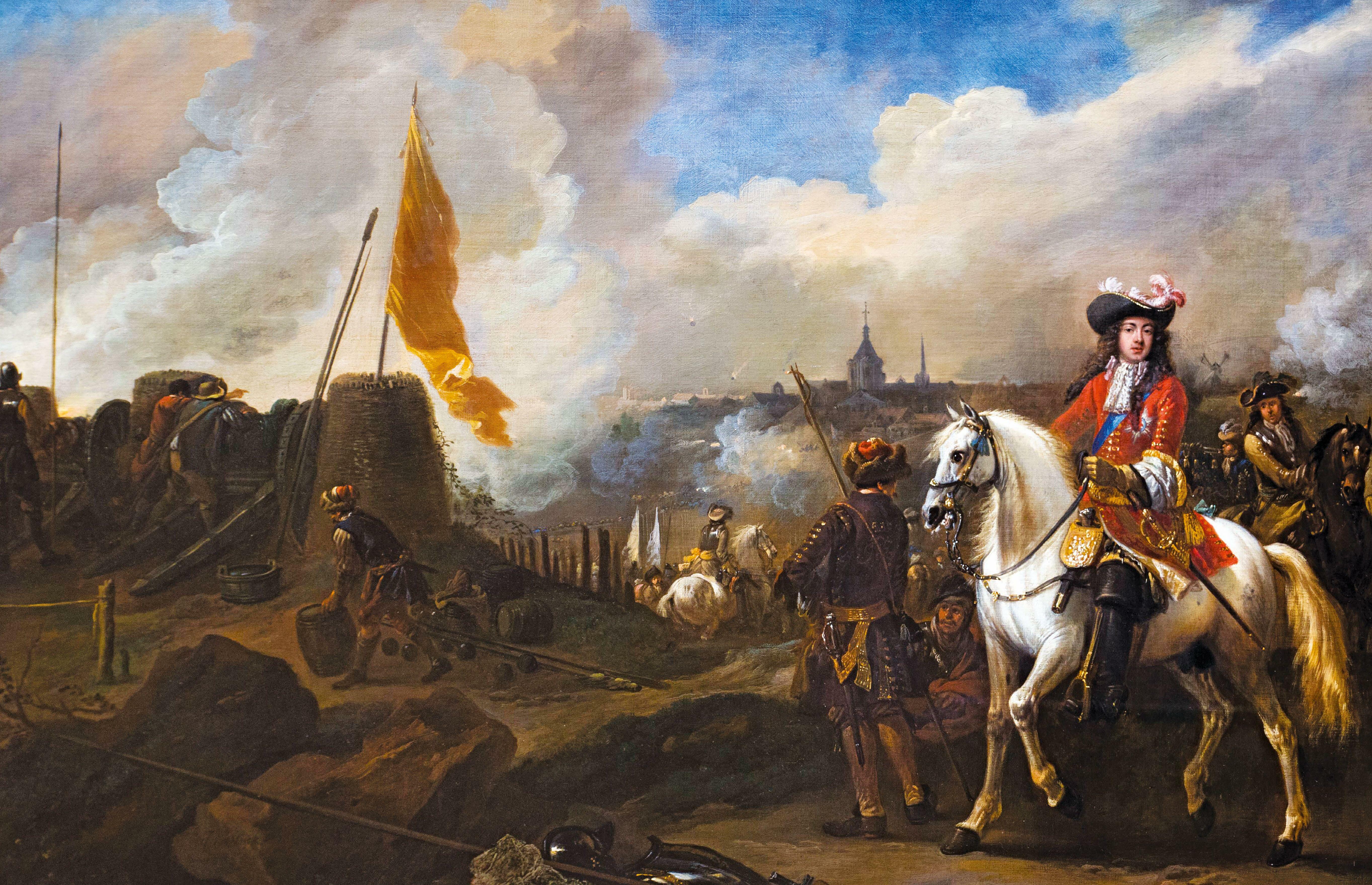
This year marks the 337th anniversary of the Monmouth Rebellion of 1685. Led by James Scott, Duke of Monmouth - the glamorous and popular eldest son of King Charles II - it was a rebellion against Charles' successor, James II of England.
In February 1685, Charles II died after a horrendous series of treatments from his physicians following a 'fit of apoplexy' - commonly known as a stroke. Although he had numerous illegitimate offspring, he had no surviving children with his queen, Catherine of Braganza, and so the thrones of England, Scotland and Ireland passed to his younger brother, James, who became King James II of England/VII of Scotland. Within months of James' ascension to the throne, the duke of Monmouth invaded England in a vain attempt to rescue the nation from a return to Catholicism.
The rebellion proved an unmitigated disaster and resulted in harsh punishment meted out at what has come to be known as the Bloody Assizes.
James Scott, Duke of Monmouth and Buccleuch, was the eldest illegitimate son of Charles II and his Welsh mistress, Lucy Walter.
Born in Rotterdam in April 1649, while the king was in exile and only three months after the execution of his grandfather, Charles I, young Monmouth's future was uncertain. Monmouth was a reckless character, a poor student and prone to violence, indulging in debauchery and involving himself in political intrigues.
Despite all this, he was also one of the most capable military leaders of the Stuart era. He commanded the Household Cavalry from 1668 to 1679, took charge troops during the Third Anglo-Dutch War in 1672, fought bravely at the Siege of Maastricht in 1673, and led troops to victory over rebellious Covenanters at the Battle of Bothwell Bridge in 1679.
هذه القصة مأخوذة من طبعة Issue 114 من History of War.
ابدأ النسخة التجريبية المجانية من Magzter GOLD لمدة 7 أيام للوصول إلى آلاف القصص المتميزة المنسقة وأكثر من 9,500 مجلة وصحيفة.
بالفعل مشترك ? تسجيل الدخول
هذه القصة مأخوذة من طبعة Issue 114 من History of War.
ابدأ النسخة التجريبية المجانية من Magzter GOLD لمدة 7 أيام للوصول إلى آلاف القصص المتميزة المنسقة وأكثر من 9,500 مجلة وصحيفة.
بالفعل مشترك? تسجيل الدخول

MINSK 1941 DEATH IN THE POCKET
During the early days Operation Barbarossa, Army Group Centre's rapid advance surrounded hundreds of thousands of Red Army soldiers in the Białystok-Minsk area. What ensued was a catastrophic defeat for the Soviet defenders

WHAT IF...RUSSIA SIGNED A SECOND PACT WITH GERMANY
With casualties mounting and citizens starving, what effect would Stalin striking another deal with Hitler have had?
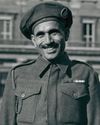
HEROES OF THE VICTORIA CROSS ALI HAIDAR
In WWII's final weeks, this British Indian Army sepoy was severely wounded in Italy while silencing multiple German machine gun nests
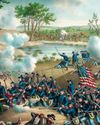
COLD HARBOR
By the late spring of 1864, Ulysses S Grant's Army of the Potomac was battering its way south towards Richmond, but his forces would reach their nadir along a crossroads north of the Confederate capital
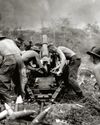
WWII THIS MONTH...80 JULY 1945 ANNIVERSARY
To commemorate 80 years since the Second World War, History of War will be taking a look at some of the key events taking place during each month of the conflict

CARRIER KILLERS
Is the US Navy still dominant in the Pacific, or is its era of ascendancy under threat?

GOEBBELS AND THE FÜHRER
AN UNSETTLING YET TIMELY REMINDER THAT EVEN HISTORY'S WORST DEMAGOGUES WERE HUMAN

THE NAME OF TREASON VIDKUN QUISLING
Though his name became a byword for treason, this Norwegian Nazi collaborator maintained his innocence right to the end

FIERCE BUT FLAWED? KING TIGER
The Tiger II was the largest tank used by Nazi Germany in WWII, but the behemoth was problem-prone and never had the impact on the battlefield its creators had sought
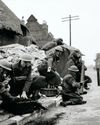
DEFENDING BRITAIN
In the event of a Nazi invasion, Britain would have deployed a network of deadly defences to impede the enemy at every turn
